Now Viewing:
Wethersfield
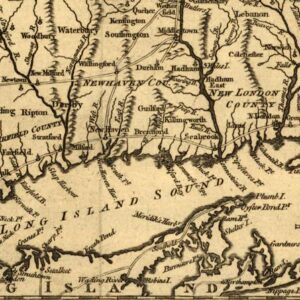
“Legalized Piracy”: Connecticut’s Revolutionary War Privateers
American colonists employed privateers as part of the military effort against the British during the American Revolution.
Read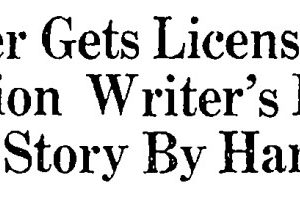
“Girl Pilot”: Mary Goodrich Jenson Breaks Barriers in Aviation and Journalism
Blending her aviation and journalism careers, Wethersfield’s Mary Goodrich Jenson pushed the boundaries of both fields.
Read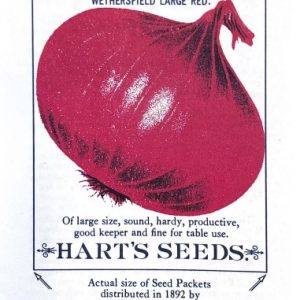
Oniontown: How Hard Work, Tall Tales, and Red Onions Built Wethersfield
Until the 19th century, the red onion trade supported Wethersfield as the first commercial town along the Connecticut River.
Read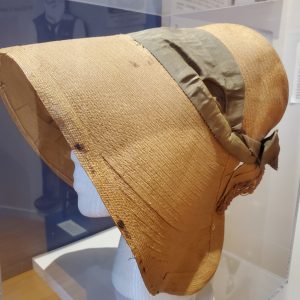
Sophia Woodhouse Welles: Wethersfield’s World-Famous Bonnet Maker
Wethersfield’s Sophia Woodhouse Welles made a name for herself as an inventor and a businesswoman in antebellum America with her bonnets.
Read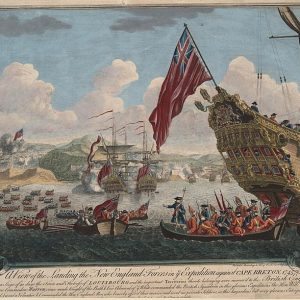
Connecticut’s French Connections
From Huguenots to French Canadian mill workers to modern immigration, Connecticut has always been a place shaped, in part, by a steady French influence.
Read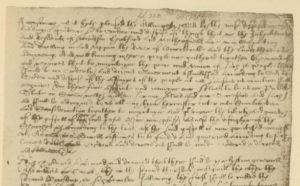
The Fundamental Orders of Connecticut
The Fundamental Orders, inspired by Thomas Hooker’s sermon of May 31, 1638, provided the framework for the government of the Connecticut colony from 1639 to 1662.
Read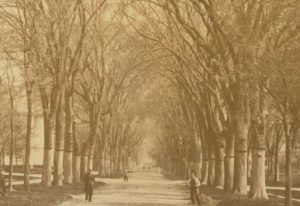
A Beautiful and Goodly Tree: The Rise and Fall of the American Elm
Almost every Connecticut town has an Elm Street, named for the popular trees that grew in abundance until a fungal infestation greatly diminished their numbers.
Read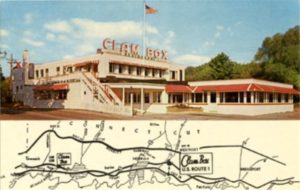
Lobsters and Oysters and Clams: A Short History of Seafood in Connecticut
The ocean’s bounty has been savored along the Connecticut coastline for as long as humans have been around to bring it on shore.
Read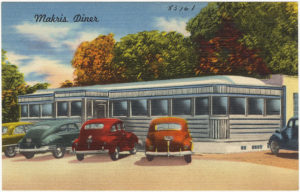
A Hip Road Trip
Known as “Gasoline Alley” during the 1950s, the Berlin Turnpike boasts a heady visual mix of neon, brand names, logos, and 1960s’ motel Modernism.
Read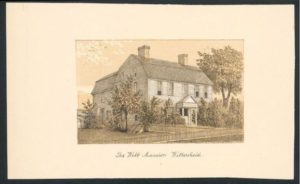
Washington Didn’t Only Sleep Here: George Washington at Wethersfield’s Webb House
The first time George Washington traveled through Connecticut, he was an ambitious Virginia colonel hoping to advance his career in the British military.
Read
Richard Reihl: The Hate Crime That Became a Turning Point for LGBTQ+ Civil Rights
The 1988 murder of Richard Reihl, a gay man from Wethersfield, galvanized and mobilized communities to organize and transform LGBTQ+ civil rights legislation in the state for decades to come.
Read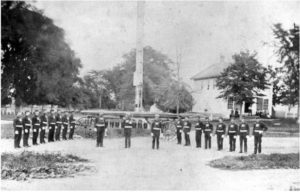
Connecticut’s Oldest Fire Department
The Wethersfield Volunteer Fire Department is the oldest continually operated fire department in Connecticut.
Read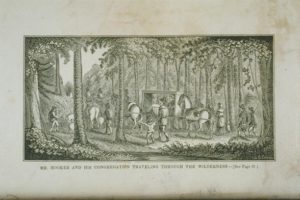
The Importance of Being Puritan: Church and State in Colonial Connecticut
Connecticut Protestants wanted to cleanse the church of what they saw as corruption, and to return to the simplicity and purity of early Christian worship.
Read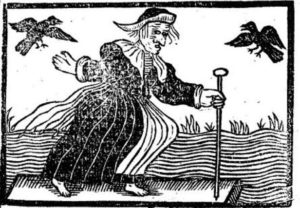
Alse Young Executed for Witchcraft – Today in History: May 26
On May 26, 1647, Alse Young of Windsor was the first person on record to be executed for witchcraft in the 13 colonies.
Read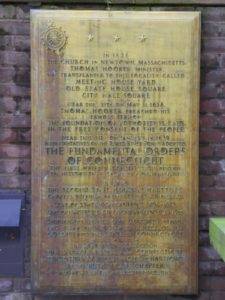
The Fundamental Orders: Connecticut’s Role in Early Constitutional Government
The Fundamental Orders represent what many consider to be the first written constitution in the Western world.
Read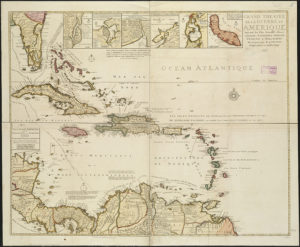
Connecticut and the West Indies: Sugar Spurs Trans-Atlantic Trade
This profitable exchange brought wealth and sought-after goods to the state but came at the price of supporting slavery in the bargain.
Read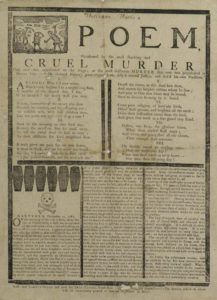
The Beadle Family Murders – Today in History: December 11
Following his drop in status as one of the town’s wealthiest men, William Beadle murdered his entire family.
Read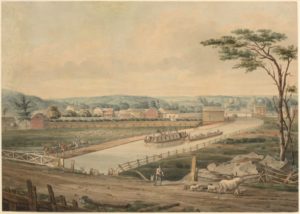
Benjamin Wright: The Father of American Civil Engineering
Benjamin Wright helped build transportation and canal systems in the United States and served as the chief engineer on the construction of the Erie Canal.
Read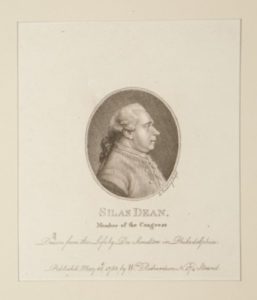
The Rise and Fall of Silas Deane, American Patriot
Esteemed by his fellow patriots as a savvy diplomat who helped cement a strategic alliance with France during the American Revolution, Deane spent his final years under a cloud of suspicion.
Read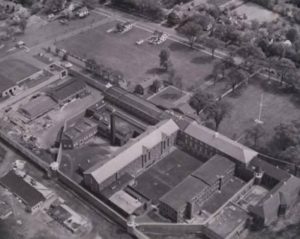
Wethersfield Prison Blues
In September 1827, the newly constructed Connecticut State Prison in Wethersfield opened its doors to 81 inmates once housed at Newgate Prison.
Read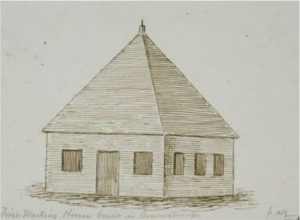
The Free Consent of the People: Thomas Hooker and the Fundamental Orders
Government formed with the consent of the people was a radical idea in the age of nations ruled by monarchs, emperors, and tsars.
Read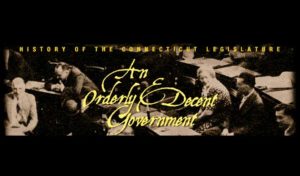
An Orderly & Decent Government: Making Self-Government Work, 1634-1776
In 1698 the General Court reorganized itself to deal more effectively with Connecticut’s complex new problems.
Read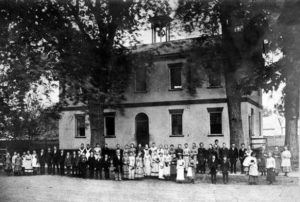
Wethersfield Academy
In the mid-17th century, Connecticut was considered the most literate place on earth, primarily due to the early Puritans’ insistence that everyone be able to read and write.
Read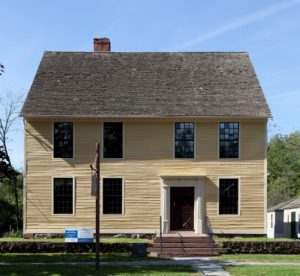
Site Lines: Silas Deane
Despite Deane’s role in securing French supplies and support for the American Revolution, his accomplishments have long been obscured by whispers of treason, a spy’s double-dealing, and his own sudden death.
Read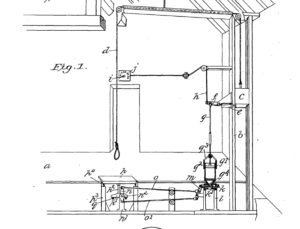
The Automatic Gallows – Today in History: June 18
On June 18, 1895, Jabez L. Woodbridge of Wethersfield patented an automated gallows.
ReadMore Articles




